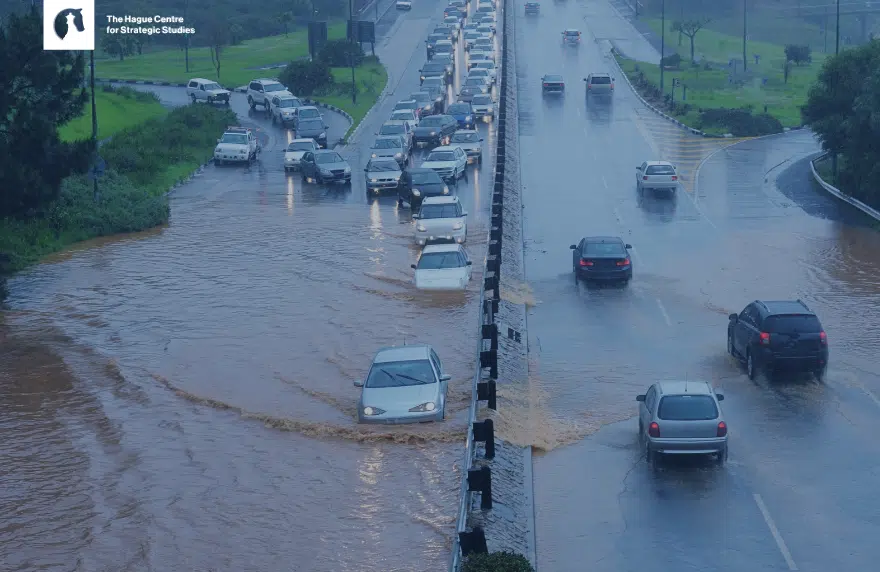2007. Ten years since HCSS was founded. Back then, Europe was still shaken by the attacks in London and Madrid that rocked the community two and three years earlier, respectively. Rapoport’s fourth wave of terrorism made its way into Western European societies. Despite the Western intervention in Afghanistan and Iraq, Al-Qaeda was – and still is – able to strike Europe at its heart. The year before, 2006, also marked the merger of several Iraqi insurgent groups into the Islamic State of Iraq (ISI). Little did we know that it would eventually morph into one of the deadliest terrorist organizations in modern history, piling up one military victory after another, and able to seize significant amounts of territory in both Syria and Iraq.
Terrorism has arguably been one of the key challenges of our time. According to the Global Terrorism Database (GTD), nearly 400,000 were killed by terrorist attacks since the 1970s, mostly in the Middle East. And although terrorism is notorious for its crude arbitrariness, the rise of organizations such as ISIS is far from coincidental. Obviously, the power vacuum in the South Flank of Europe allows such extremist elements within society to prosper, though one must not forget innovations in technology, for example modern information and communication technology, that enable these organizations to spread their messages, gain a global following, and instill fear in the hearts of people worldwide.
The past decade also showed us that internal and external security is intertwined more than ever. In the current international context, which is characterized by its interconnectedness, the flap of a butterfly’s wing is capable of setting off a tornado elsewhere. The effects of the Syrian conflict are felt well beyond its borders – as shown by refugee crisis in the Middle East and the wave of terrorist attacks in- and outside Europe. We are facing an uncertain future. We are confronted with a potential influx of returnees following the fall of the Caliphate, Al-Qaeda’s quiet effort to gain popular support is bearing fruit, and both right- and left-wing extremism has experienced a resurgence.
Since 2007, the threat of terrorism has become increasingly complex and diffuse. In the next decade, its complexity and diffuseness will only grow. Although ISIS has become a shadow of what it once has been, the conditions in which it was able to thrive are largely unchanged. That stresses the need for think tanks, such as HCSS, that are capable of interpreting and contextualizing global trends and developments, and can provide unconventional insights that facilitates strategic decision-making in the policy domain. Thanks to these unconventional insights, HCSS has carved out a name for itself and is now listed among the world’s most influential think tanks. Despite the rapid changes in our security environment, HCSS has proven to be well equipped in the past ten years – and is ready for the next.
Reinier Bergema, Junior Analyst
This post is part of a series on the HCSS 10 year anniversary. Throughout the year analysts, experts and former colleagues will publish a post reflecting on the past 10 years.
Read the post by Paul Sinning, Executive Director
Read the post by Rob de Wijk, founder and non-Executive Director
Read the post by Stephan de Spiegeleire, Principal Scientist
Read the post by Karlijn Jans, Strategic Analyst
Read the post by Sijbren de Jong, Strategic Analyst
Read the post by Michel Rademaker, Deputy Director Market and Operations
Read the post by Willem Oosterveld, Strategic Analyst
Read the post by Hannes Rõõs, Data Scientist
Read the post by Erik Frinking, Director of the Strategic Futures Program






